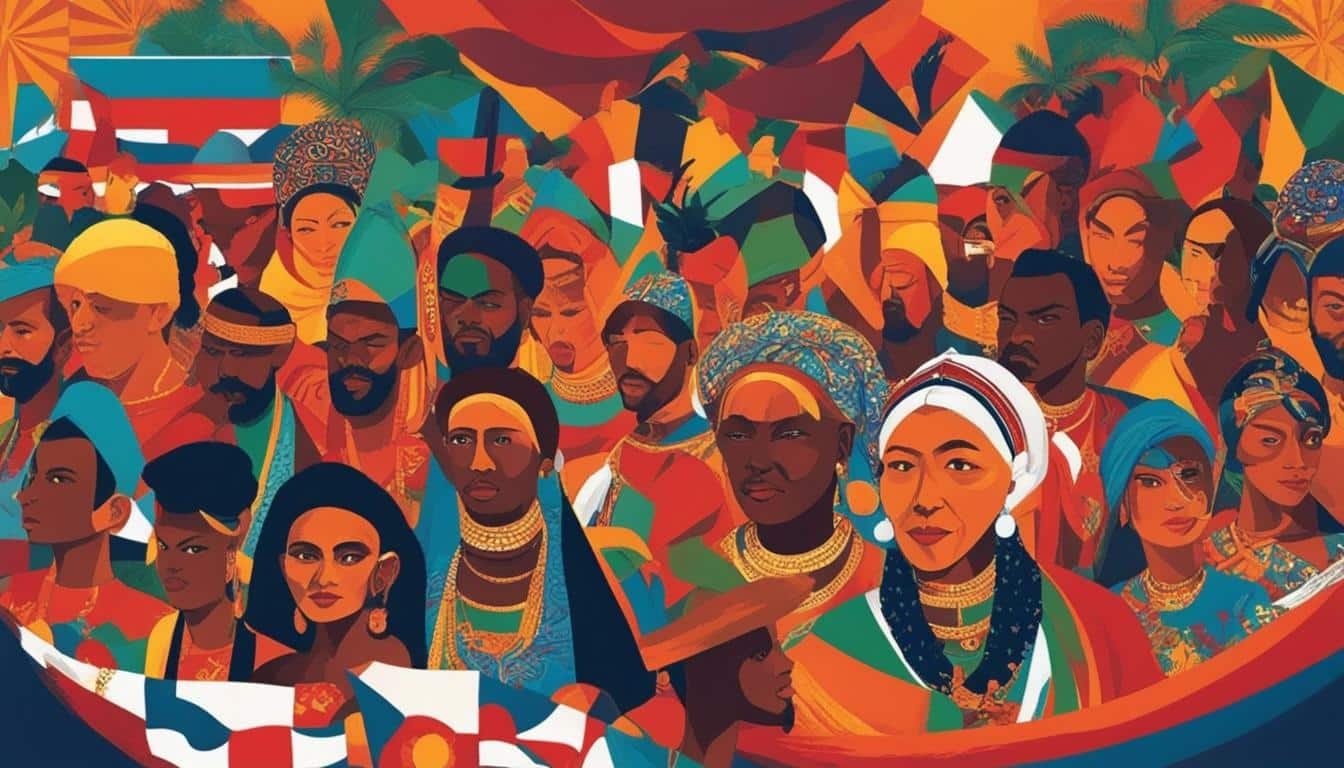Obscenity laws vary internationally, with different countries having different standards and regulations. These laws often depend on factors such as cultural norms, societal values, and legal frameworks. Understanding the variations in obscenity laws across countries is important in order to navigate the complexities and differences in global standards.
Key Takeaways
- Obscenity laws differ from country to country, reflecting cultural, societal, and legal differences.
- International standards for obscenity laws vary, making it essential to understand the legal landscape of specific countries.
- Reforms in obscenity laws have taken place in some countries, while others still maintain restrictive regulations.
- The United States and the United Kingdom approach obscenity laws differently, showcasing the diversity of legal systems.
- Staying informed about international obscenity laws is crucial for individuals and businesses operating across borders.
Obscenity Laws in Southern Africa: A Southern African Perspective
In Southern Africa, the media landscape is marked by a complex interplay between obscenity laws and freedom of expression. Countries in the region have been grappling with the need to strike a balance between protecting societal values and upholding constitutional guarantees. Recent court decisions in countries like Namibia and South Africa have shed light on the inconsistencies and outdated nature of obscenity laws, prompting calls for reform.
In Namibia, the High Court ruled in 2015 that certain provisions of the country’s law restricting the distribution of explicit and pornographic materials were unconstitutional. The court held that these provisions violated the right to freedom of expression enshrined in the Namibian Constitution. This landmark decision demonstrated a shift towards recognizing the importance of individual liberties and challenging the restrictions imposed by archaic legislation.
Similarly, in South Africa, the Constitutional Court has played a pivotal role in shaping obscenity laws. In the landmark case of National Director of Public Prosecutions v. Lawrence in 2002, the court ruled that the criminalization of private consensual adult sexual conduct, specifically relating to sodomy, was unconstitutional. This decision not only led to the decriminalization of consensual same-sex sexual acts but also set a precedent for reevaluating obscenity laws that curtailed freedom of expression.
Challenges and Opportunities
While Namibia and South Africa have taken steps towards modernizing their obscenity laws, other countries in the region still face significant challenges in this regard. Outdated legislation and societal attitudes hinder progress in promoting freedom of expression and recognizing the changing dynamics of media consumption.
Reforming obscenity laws in Southern Africa requires a comprehensive approach that takes into account the diversity of cultural norms and values within the region. It is essential to strike a balance between protecting public morality and respecting individual rights. This requires ongoing engagement, dialogue, and collaboration between lawmakers, legal scholars, civil society organizations, and the media industry.
| Country | Status of Obscenity Laws |
|---|---|
| Namibia | Revamping of obscenity laws following court ruling |
| South Africa | Progressive reform, with significant court decisions shaping legal landscape |
| Other Southern African countries | Outdated laws and challenges in aligning with constitutional guarantees of freedom of expression |
Comparing Obscenity Laws in the United States and the United Kingdom
Obscenity laws in the United States and the United Kingdom take distinct paths when it comes to regulation. The United States relies on the community standards test to determine obscenity, placing emphasis on local values and norms. In contrast, the United Kingdom has undergone significant changes in its obscenity laws, implementing strict liability offenses for the possession of extreme pornography.
The differing approaches to obscenity laws reflect the legal systems and cultural contexts of each country. In the United States, the community standards test allows for flexibility and acknowledges the diversity of values across different regions. This approach aims to balance freedom of expression with protecting society from the most extreme forms of obscenity.
On the other hand, the United Kingdom’s strict liability offenses adopted a stricter stance on obscenity by placing the burden of proof on the defendant. Possession of extreme pornography is no longer dependent on proving intent or knowledge, but rather focuses on the content itself. This change in legislation is a response to growing concerns about the potential harm caused by certain types of explicit materials.
Understanding the differences in obscenity laws between the United States and the United Kingdom provides valuable insights into how jurisdictions balance freedom of expression with protecting societal interests. While the United States prioritizes local community standards and flexibility, the United Kingdom has chosen to impose stricter liability to deter the possession of extreme pornography. Both approaches have their merits and reflect the unique legal and cultural landscapes of their respective countries.
Source Links
- https://www.bu.edu/law/journals-archive/bulr/documents/goldberg_000.pdf
- https://www.article19.org/data/files/pdfs/publications/obscenity-law-paper.pdf
- https://repository.law.uic.edu/cgi/viewcontent.cgi?article=1258&context=jitpl







